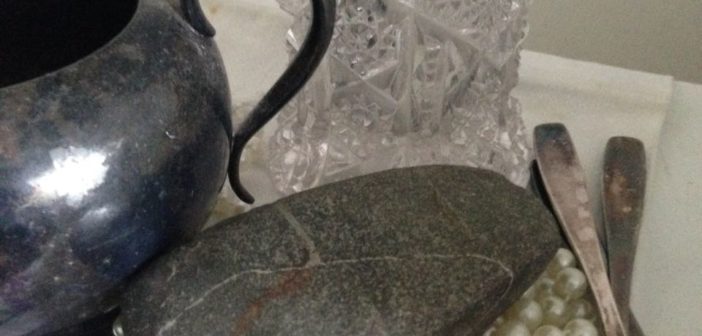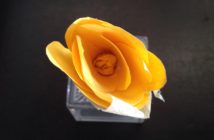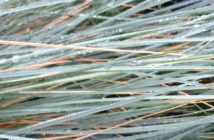Siobhan heard the espresso machine hiss. She picked up a small translucent white beaker from the tray on the marble bench and waited while it slowly filled.
In reality the house looked even better than it did in the slickly polished images of the home décor magazine the architect and the decorator had pressed her to allow.
She walked to the window and looked out over the new tennis court and salt water pool. Not a sign of a cowshed or a tractor. The property epitomized rural affluence. A pinnacle. An acknowledgment of hard work and success.
Siobhan rinsed the beaker in one of the sinks and replaced it on its tray. She took the keys to the huge bespoke front door off her key ring and put them in front of the gleaming La Pavoni. Picked up her bag and her phone. Pulled the door closed behind her. Started her ute and drove down the long, treed drive, out the imposing metal gates and turned towards the river where it had all begun.
The new patient had come in during the earlier shift. The doctor stood at the end of the old metal framed hospital bed, slid the bulldog clip holding the paper chart off its hook and smiled. His knee length white starched coat glowed. A navy and white spotted silk tie and dark grey suit at the neckline – just enough to announce “tailoring”. The spotless stethoscope draped over his shoulders. The sandy blonde hair with its precision part was slicked down with something he had bought in Jermyn Street.
“Sister Maire MacMahon meet Sergeant Michael McMahon”. And with the effortless racism of the upper class English; “don’t worry Sister he’s not a wog he’s been with the partisans on some little Mediterranean rock for the duration”.
Sister Maire MacMahon, pale cream skin and red gold hair tucked behind her ears smiled. Her hazel eyes looked straight at the man in the faded stripped hospital pyjamas.
Broad shoulders. Black curling hair framing a strong but gaunt face. Brown skin and green eyes – granite hard. Wolf eyes.
He looked straight at her. Gradually he smiled.
Afterwards they both said they knew.
Over the weeks Michael recuperated regular food and the disappearance of the threat of capture softened his features.
Maire wore her favourite grey blue tweed suit and anaconda skin court shoes for their registry office wedding. There was no engagement ring just a thin slightly raised gold band. Telegrams wished them well.
Michael went back on a troop shop, Maire used her savings to pay for her passage on a cargo boat. The trip to New Zealand was long. The food unremarkable. The passengers varied.
The McMahon Family had cleaned the old farm house from top to bottom. The wood floors were washed and waxed. The lino had been polished. The windows gleamed and the curtains stood to attention. The sheets on the bed smelt of sunshine and tiny bunches of lavender from the garden scented the pillows. On the old table in the kitchen was a cut glass vase of sweet peas and someone had even put a jar of flowers on top of the cistern of the old lavatory in the wash house off the porch.
That first dinner at the big house was unforgettable. Meat from the farm with potatoes and vegetables from the house garden. Stewed peaches with real fresh cream. Homemade sparkling lemonade and “homebrew” for the brave. Maire felt a surge of guilt as she remembered friends and colleagues “back home” still rationed to an inch of their life.
The school bus went past the end of their road. The dusty narrow road with the high hedges that never seemed to get bigger or smaller. The grass on either side of the road would get green and tall and that’s when the cows were put out there to eat it down. It wasn’t a long walk home by district standards but if it was that heavy winter rain Eru would take the McMahon kids to the end of their drive and tell them to “run quick up to the house.”
It was the old house. Not the original whare Great-great Grandfather McMahon had built or the big house that Nana and Granpa McMahon lived in now but the second house. A house of totara and rimu with matai floors and eventually a large lean to kitchen and eating area at the back facing the river and the paddocks. The heart of this home with its green and cream coal range and sink and eventually a refrigerator sitting on the linoed floor. The McMahon’s place with its own pretty house garden, vegetable garden, hen run and wood shed.
The boys had gone to take afternoon tea to their Dad before he started in the shed. Siobhan had washed her hands and was sitting up at the table. It was a special afternoon tea – her first day at school. She’d gone on the bus with the boys in the new dress Mummy had made with the new cardigan Mummy had knitted at night sitting on the big old settee in front of the fire in the front room. It was a dusty pink and Mummy had said to take care of the buttons – like little pink flowers – because she could use them again on another cardigan when Siobhan grew bigger.
Mummy had made some little cakes with pink icing with a little squiggle through it. The tiny sandwiches were egg and lettuce and mayonnaise. There were small orange marigolds on the corners of the table cloth and napkins Mummy had made from a sheet she said was too old for the bed.
“Mummy what have I been touched by?”
Her mother stopped pouring the lemonade.
“I heard the student teacher tell Mrs Robinson I was a dear little girl and Mrs Robinson said I’d been touched. What have I been touched with – I don’t remember? And she said you’d been stuck on something. What were you stuck on Mummy?”
Maire McMahon’s lips, just for a second, clamped into a thin line and her eyes narrowed. Then her face opened and she smiled at the beautiful little girl in front of her.
“Eat your little cake Siobhan, I made the pink icing especially for you.”
Siobhan never had any idea what her Mother did or said to Mrs Robinson but nothing was ever said to her again about being touched or her Mummy being stuck.
The racing green Jaguar was parked on the gravel outside the front door.
“Say Good Afternoon to Mrs Smithe then wash your hands Siobhan and come and sit to the table. Boys, wash your hands, put your work clothes on and take your Dad his afternoon tea. There’s a bit of everything from the table for each of you and my lemonade. There you go. Good boys.”
Siobhan got up onto the old oak chair and waited while her Mummy put a small sandwich, a tiny shortbread and a thin slice of lemon curd torte onto the plate in front of her.
She looked up at the large, older woman sitting opposite her Mummy. Mrs Smithe with an “e” the President of the Women’s Division of Federated Farmers. Daddy’d said she was “more important than the Pope.”
Mrs Smithe with an “e” looked down on the small girl,
“Good Afternoon Chiffon.”
Siobhan smiled. She looked hard at Mrs Smithe. The pink, white and green polished cotton frock had an almost off the shoulder neckline made of little rounded bits. “Scallops” Mummy would tell her later. The grey blonde hair was longer than Siobhan’s in waves held away from either side of the face by large silver slides.
The country summer day had not been kind to Mrs Smithe’s foundation and powder – a pale shade of Elizabeth Ardern – giving her large-pored face the look of wet clay.
Around her neck were the Smithe Pearls – three strands of real pearls. Siobhan stared at the pearls and looked into Mrs Smithe’s faded blue eyes.
“Mummy must really like you or think you’re very important because she’s let you see the Bluebird tea cloth. It’s our special one. Mummy embroidered all the Bluebirds on the boat coming to New Zealand. And she’s letting you use Grandee Mac’s Royal Albert teaset and Nanny Mac’s silver teapot. And, she’s let you use my Great Aunt Gretchen’s cake forks.”
Mrs Smithe smiled as she asked Maire, “Gretchen. Isn’t that a German name?”
“Gretchen was the daughter of a German Jewish Professor who taught at the University where one of my father’s brothers trained to be a doctor. They’d come over to Ireland after World War I. She was very beautiful and very clever. The family were delighted when she married Seamus. They had three children – all older than I am. After this last war they wouldn’t use the German silver cutlery the family had brought over with them. Aunt Gretchen gave it to me as I always loved helping the staff polish it. That’s a torte from her recipe. Every time I make it and touch the silver I see her. Did you enjoy the cake? It’s a slightly firmer base than a sponge.”
“Mummy did you show Mrs Smithe Grandee Mac’s pearls and the diamond tiara I’m going to wear when I’m a debutante like you were?”
Siobhan turned towards their visitor.
“Mummy brought our pearls and diamonds all the way from England in her hat box. The pearls are really big and I’ve only been allowed to wear them once for my fifth birthday because I was going to school. I haven’t worn the tiara. It’s really pretty but it’s much too big for me. Mummy says I’ll have to grow up before I can try it on.”
“Would you like more hot water in your tea Mrs Smithe or perhaps another of my shortbreads. Siobhan dear would you take the scissors and cut a bunch of my sweet peas for Mrs Smithe. You may take another shortbread with you.”
Oblivious, Siobhan reached for her additional treat, excused herself, slid off her chair, took the scissors out of the kitchen drawer and skipped outside.
“Now you’ll be wondering if I’ll be coming along to Women’s Division, Mrs Smithe?”
It was round the district faster than one of the region’s occasional tornadoes.
“The Irish woman was going to work. She was getting a job.”
That hadn’t been quite how Maire had told Mrs Smithe she’d been a District Nurse before the war and that she felt not to use her skills would be a waste of her qualifications and education. And now Siobhan had been at school for a term she would be looking for a nursing job.
It was her Daddy who took her for a walk to see the new calf and while they leaned on the fence told Siobhan the pearls and tiara were going live in the bank vault and that it wasn’t a good idea to tell people that Mummy had pearls and a tiara – it made people cross. People would think they were skites.
He laughed softly when Siobhan said “but Mrs Smithe skites. She always wears those pearls so you can see them and know she’s got them.”
Michael McMahon “Ntopio” just smiled and said “McMahons don’t need to skite love”.
Anzac Days for the McMahons were quiet. Michael McMahon would go away for the day coming home with red and swollen eyes. He seemed so sad that one day Siobhan asked him
“Daddy, why don’t you go to the RSA and the Anzac Parade like Fiona’s Daddy? You were in the war. Mummy said you were. Why don’t you wear your medals and get “pissed”? Fiona says every Anzac Day her Daddy gets “pissed”.
Her father’s face set hard. “I wouldn’t turn my back on any of those bastards so why would I drink with them?”
“Now Michael “ her Mother said “she’s just a little girl.”
The only problem Siobhan McMahon encountered at school was her name. By the end of the first year Siobhan McMahon had become Mac McMahon. A clever hardworking little girl who wasn’t afraid of bullrush on the bottom field. Who Mummy said would be a doctor, or a lawyer or an accountant like Uncle Roger in Auckland.
They’d come to Auckland to stay with Dad’s sister Kate. Aunt Kate who looked nothing like her brother. She was tall and slim with shoulder length blonde hair and long red fingernails. She and Uncle Roger lived in Remuera and their boys went out on the train to Kings.
The McMahon Boys had followed the family tradition to Collegiate. Siobhan was coming up to Epsom Girls’ Grammar. They were going to look at the boarding house.
They were standing on the corner of Clonbern Road looking down at Jack Lum’s fruitshop – “the best fruitshop in Auckland” Aunt Kate said. They heard, then saw, the car coming up Remuera Road. One of those huge American things all chrome and mirrors, long pointed tail fins and white walled tyres.
A flushed face under a thatch of blonde hair leaned out towards them and screamed “go back to the pa horis”. The large brown bottle exploded on the tarseal in front of them. Her father’s face set like stone. The wolf eyes narrow slits.
“I’ve decided I’m not going. I’m going to the District High School.”
And that’s how the name Siobhan McMahon was eventually added to the Honour’s Board as Head Girl and Dux of the School.
Her appearance and manner deceived many. Tall and willowy like her Aunt Kate. Long brown hair shot through with the red gold of her Mother. Large green eyes in a Maysie Bestall-Cohen model worthy face. The sense of humour and adventure only the little sister of older brothers could have And possessed of all the practical skills to make a home and run a farm. The McMahon’s “Golden Girl”.
The cousins brought him down to stay and work on the farm over the summer holidays – Richard Johnson. He wasn’t handsome but he had style, confidence and charm.
Siobhan thought it was the only time she’d seen pain in her Mother’s eyes.
“Well, I’ll have your Dad have a word with him”.
The wedding was in the garden of the big house. Siobhan and her Mother made the ankle length white broderie anglaise dress – slim fitting and tied at the waist with a simple bow. No pearls and no diamond tiara just a circle of Star Jasmine and eighteen year old Siobhan McMahon became Mrs Richard Johnson.
Starting at the bottom, in spite of his urban upbringing, Richard Johnson became an excellent farmer and an astute rural businessman. Siobhan was the bookkeeper, the bill payer, the record keeper, the cook, the organiser of animals for calf club, the creator of unique birthday cakes and costumes for “my favourite book character” days at the Playcentre, its Treasurer and President and before that the Plunket.and later the little local School Committee.
When the youngest of her four finally stepped onto the school bus Siobhan knew it was her time. A degree by distance learning. A post graduate agribusiness diploma. A Nuffield Scholarship. And as agribusiness became more and more regulated the compliance officer, the water right overseer and the initial human resources manager
Richard had started in Young Farmers and steadily risen through the ranks of regional rural organisations and by the time it was their turn in the “big house” he had a couple of directorships under his belt and was off the farms away at meetings and presentations all over the country. The big house thrived – entertaining, family visitors, birthday parties, engagements, weddings and funerals.
It was Richard’s idea to build the large architect designed house on one of the other farms they’d bought around the district. This farm was some distance from McMahon’s high on a hillside with a view toward the mountain.
Later Siobhan would wonder how she had lied so quickly and so easily.
“Mrs Johnson, it’s Clare from the hotel, you left your sunglasses on the bedside table. Do you want me to courier them or keep them until you’re here next month?”
“Oh, silly me. Keep them until next month we’ll be back as usual.”
“Okay. You sound a bit different…”
“I’ve got a bit of a cold – it’s made my throat hoarse.”
“Okay, get well soon and see you and Richard on the 22nd.”
Siobhan’s natural desire to find out who “Mrs Johnson” was evaporated. But she did wonder which “Mrs Johnson” the new house had been built for. Richard had been a good husband and father and they’d done so well but it was time for her to go. This was a turning point. A fork in the road.
The McMahon Farm, the home farm, was in the trust created by Michael and Maire after they’d bought out Kate. The McMahon boys surprised their father with their career choices of medicine and teaching. They were only too happy to leave the running of their inheritance to their capable and talented sister.
The farm manager for the Johnson Group now lived in the big old McMahon homestead. The house Siobhan had been born in and grown up in now called the “McMahon Cottage” had over the years been used as accommodation for farm workers and their families.
The advantage of being the accountant and administrator gave Siobhan some flexibility. Slowly and quietly the renovation plan began. Alternative accommodation for the worker and their family; newer, warmer and with a double garage. There were no complaints.
It wouldn’t be featured in a home décor magazine but Siobhan was more than happy by the time the cottage had been re-roofed and rewired and fitted with a new kitchen and bathroom. Bi-fold doors at the end of the kitchen opened onto cobblestones facing the river.
As she parked on the gravel in front of her home Siobhan wondered how soon she’d be able to plant the sweet peas.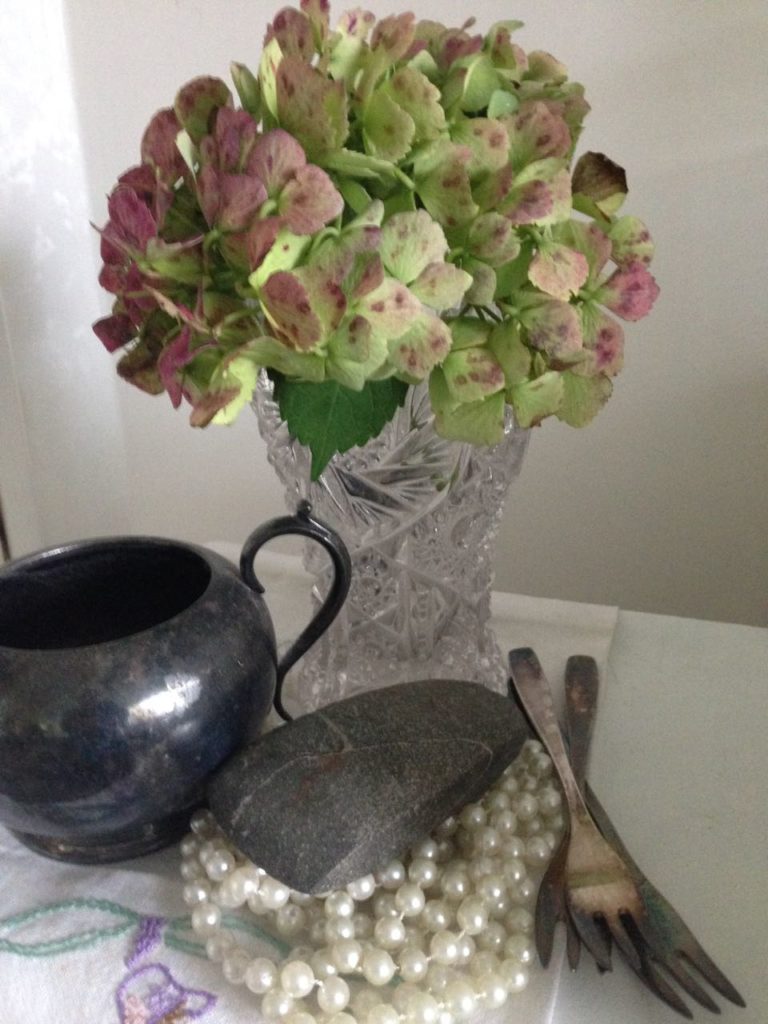 Rosemary Balu. Rosemary Balu is the founding and current Managing Editor of ARTbop. Rosemary has arts and law degrees from the University of Auckland. She has been a working lawyer and has participated in a wide variety of community activities where information gathering, submission writing, community advocacy and education have been involved. Interested in all forms of the arts since childhood Rosemary is focused on further developing and expanding multi-media ARTbop as the magazine for all the creative arts in the Bay of Plenty, New Zealand.
Rosemary Balu. Rosemary Balu is the founding and current Managing Editor of ARTbop. Rosemary has arts and law degrees from the University of Auckland. She has been a working lawyer and has participated in a wide variety of community activities where information gathering, submission writing, community advocacy and education have been involved. Interested in all forms of the arts since childhood Rosemary is focused on further developing and expanding multi-media ARTbop as the magazine for all the creative arts in the Bay of Plenty, New Zealand.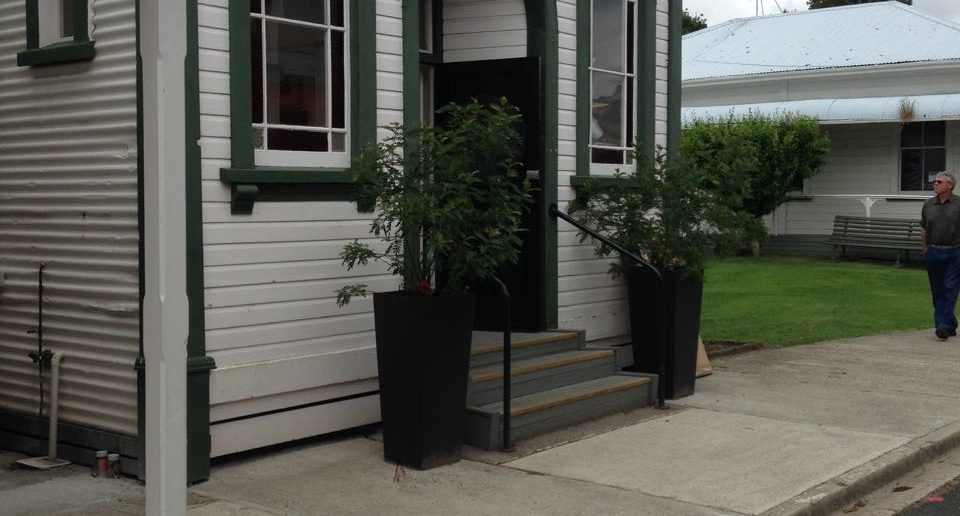 The People’s Gallery at The Historic Village
The People’s Gallery at The Historic Village
ARTbop
 Check out Nick Scott’s film reviews – latest one Elizabeth: a Portrait in Parts and remember it’s $10 Tuesdays at the Rialto Tauranga!
Check out Nick Scott’s film reviews – latest one Elizabeth: a Portrait in Parts and remember it’s $10 Tuesdays at the Rialto Tauranga!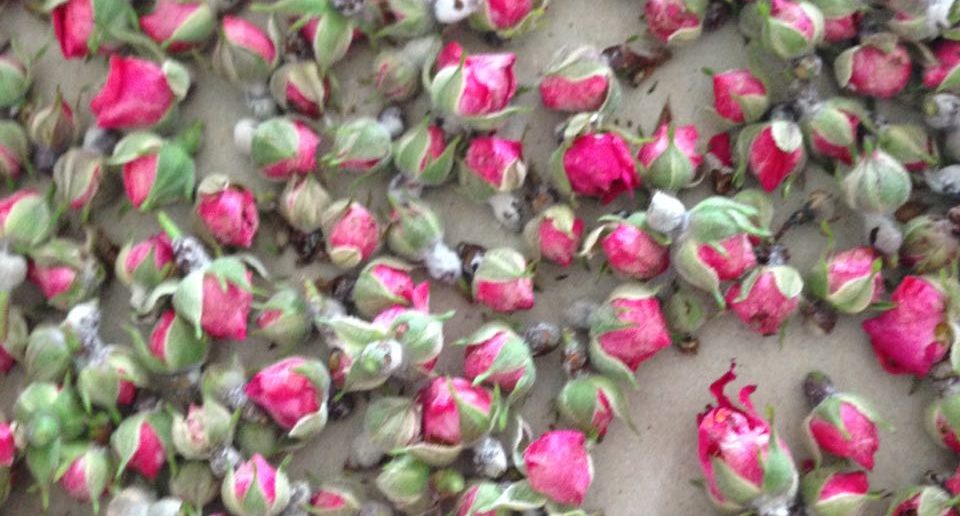
SMALL BUNCHES
…we’re on a mission to create a more sustainable way for small, local growers to sell their flowers, foliage and plants….
Weekly online Sales Days, Wanted & Close Off Times
Monday: Fresh Flowers & Foliage for sale; and Wanted (all) Closes off 12 noon Friday (two days before)
Tuesday: Dried Flowers & Foliage for Sale; and Wanted (all) Closes off 12noon Monday (the day before)
Wednesday: Plants for Sale; and Wanted (all) Closes off 12noon Tuesday (the day before)
Thursday: Fresh Flowers & Foliage; and Wanted (all) Closes off 12 noon Wednesday (the day before)
Friday: Pick your own & Gate Stalls; and Wanted (all) Closes off 12 noon Thursday (the day before)
MORE INFORMATION: Email smallbuncheshere@gmail.com
facebook https://www.facebook.com/Small-Bunches-102876735719938
email smallbuncheshere@gmail.com
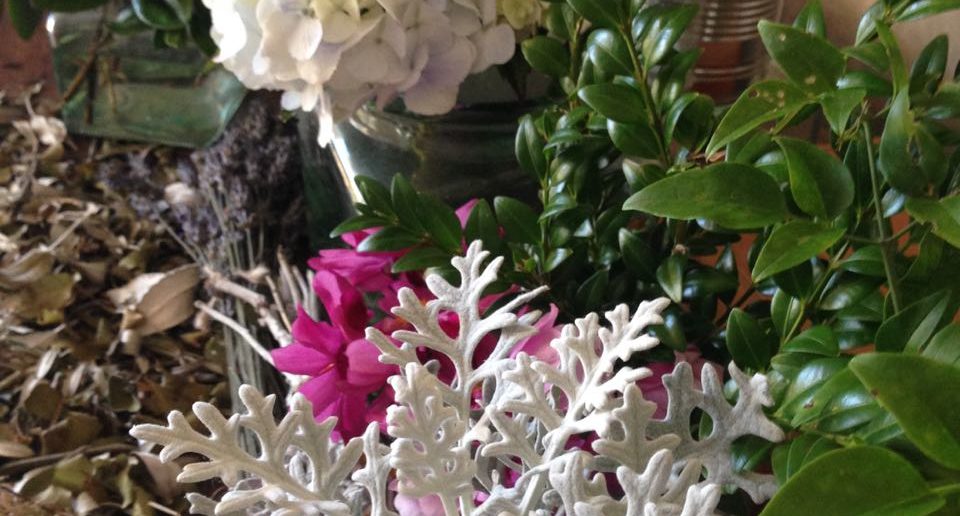
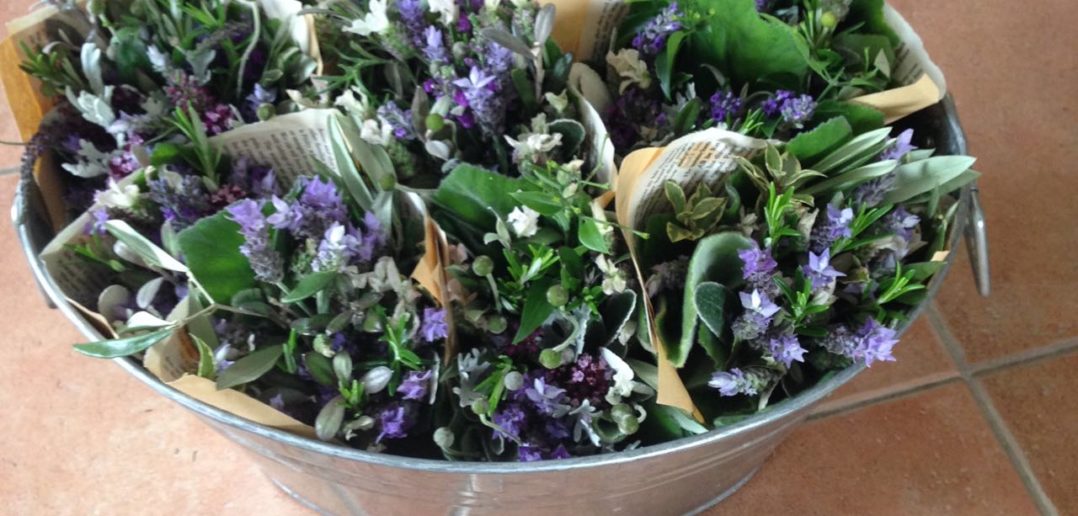
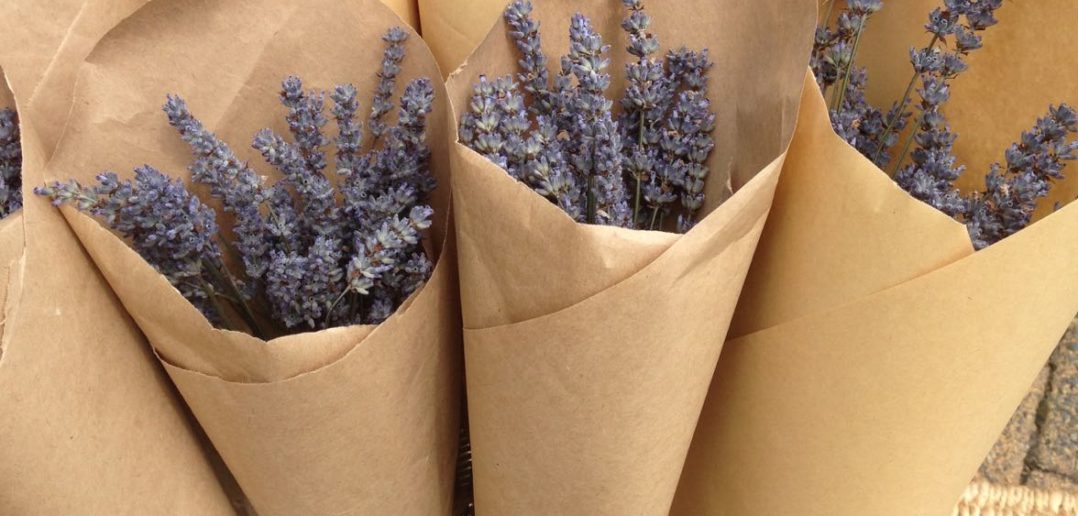
iF YOU ENJOY CREATIVITY, BOUTIQUE SHOPPING, VINTAGE, RECYCLE, HOME DECOR, FAIRS & MARKETS, CAKE & JUST HAVING A LOOK YOU’LL ENJOY
Really windy up here yesterday….


